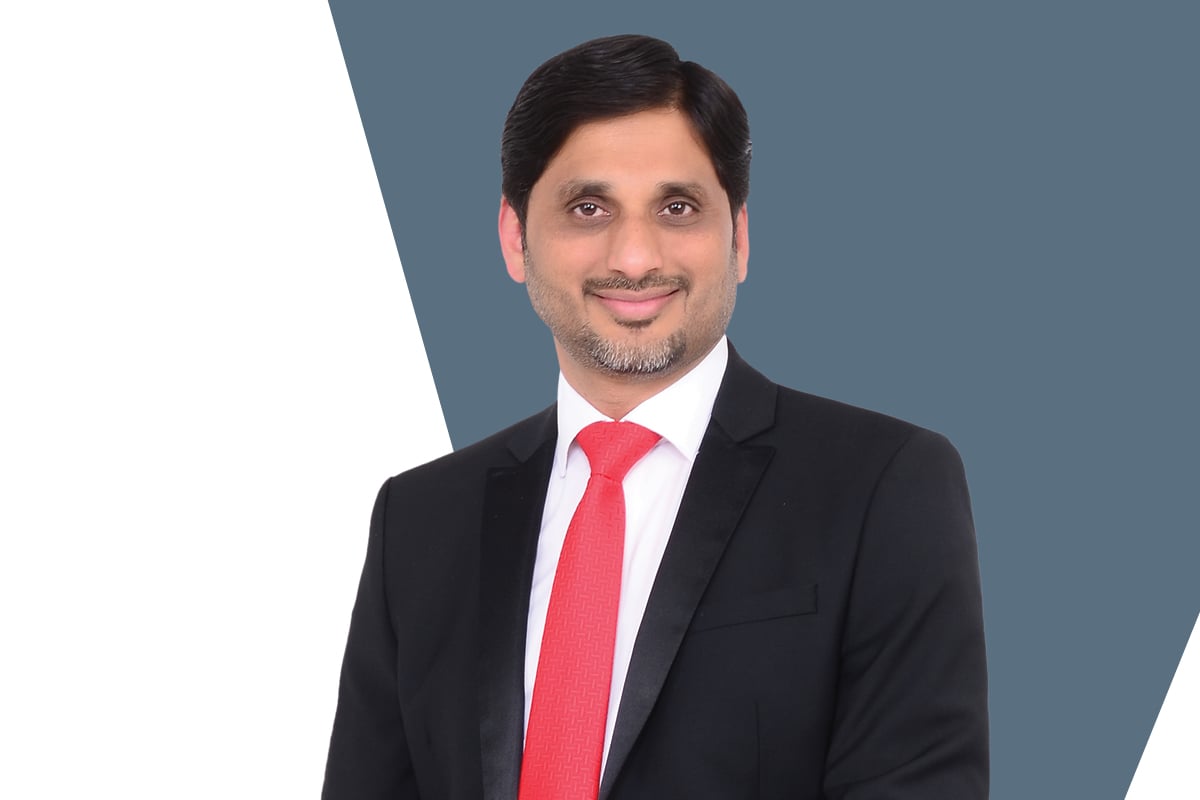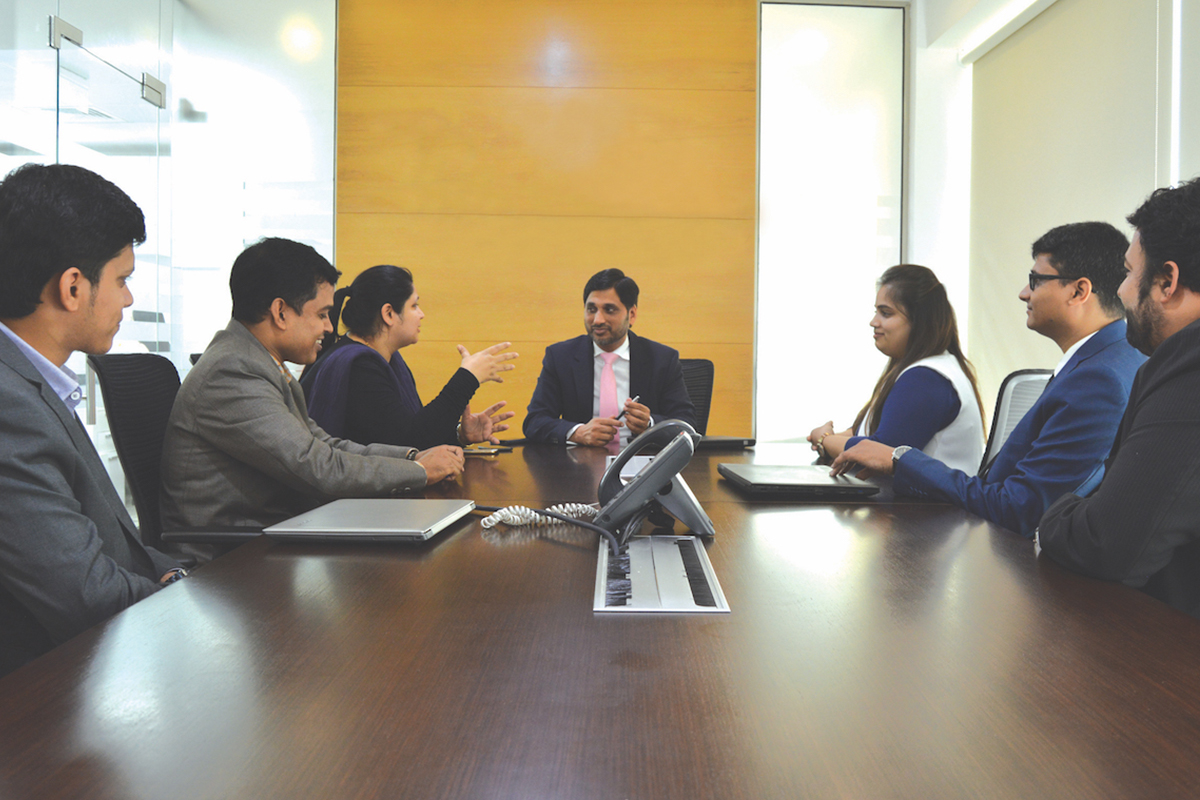One of the best decisions engineering company Emitech Technical Services has made so far, according to its managing director, Rahul Duragkar, has been to restructure the business into four main verticals, each with its own profit centre. “That has produced wonders for the company,” Rahul tells The CEO Magazine. “We have a large project group, a focused air-conditioning group, a solar water-heating group, and a health and pharmaceuticals group. Each group has been given a target and responsibilities, and is responsible for maintaining the growth of a particular vertical.
“The restructure has diversified our segments and our customers, and it has maintained a constant revenue stream for the company. Not all the segments will have problems at the same time. So, if one segment is not working well, for example, the others can support it.”

“The restructure has diversified our segments and our customers, and it has maintained a constant revenue stream for the company.”
Rahul has a background in mechanical engineering and began his career working at Indian air-conditioning company Blue Star. “I worked there for about 12 years,” he recalls. “That gave me a greater understanding of the technical background and knowledge of areas like sales, engineering, procurement and project handling.”
Rahul then moved to Dubai, working at various companies until 2011 when he branched out and established his own business – Emitech. “At that time in Dubai, I found that there was a lack of focus on customer satisfaction; on maintaining good relationships with customers, improving their experience, and providing quality service,” he says.
“I found that these were more driven by contractual terms. Nobody wanted to go beyond the contract and deliver exceptional experience or add value to the projects. I identified a gap in the market and was able to start a business in the UAE.”
Since then, Emitech has grown rapidly to secure a strong position in the engineering sector. “After competing for three to four years, we had a good opportunity to take up bigger projects and position ourselves as a lead player,” he adds. “We have been positioning ourselves as one of the top 25 companies in the market and have been able to compete with the leading players in the industry. I also worked with top-level developers and clients to get the recognition that is now driving the company forward.”

Rahul emphasises innovation and creativity within the business by encouraging middle and lower-level management to come up with different models of working. “We set aside one month every year in which ideas are shared,” he says. “Employees get to come up with different plans on how to improve the effectiveness and productivity of day-to-day activities.
“We involve all the staff and encourage them to take ownership of the company as well as define their own responsibilities. We allow them to make decisions and enable young leaders to come forward
and share responsibilities.”
“We involve all the staff and encourage them to take ownership of the company.”
Rahul goes on to describe how he works as a leader. “My job is to guide from the top, correct my team and oversee how everything is operating,” he says. “In the case of bigger challenges, I roll up my sleeves, get to work and guide my team from the front. My position is more about motivating the team, allowing them to make the decisions, encouraging them to take action themselves, and come up with the results.”
Rahul says one of the company’s biggest challenges now is finding more high-quality employees. “As we are growing, we require very good top, middle and lower-level staff,” he says. “Our second biggest challenge is managing the finances, particularly when working with bigger institutions and larger projects. We are working with different departments and banks. There has been a lot of encouragement
so far from financial institutions to help us get a foot in the market.”
Emitech has plans to double its overall capabilities in the future. However, as the business continues on its upward trajectory, one of the things Rahul believes should never be compromised is customer satisfaction. “Customer satisfaction is the most important thing,” he says, “as well as providing good-quality work.”


